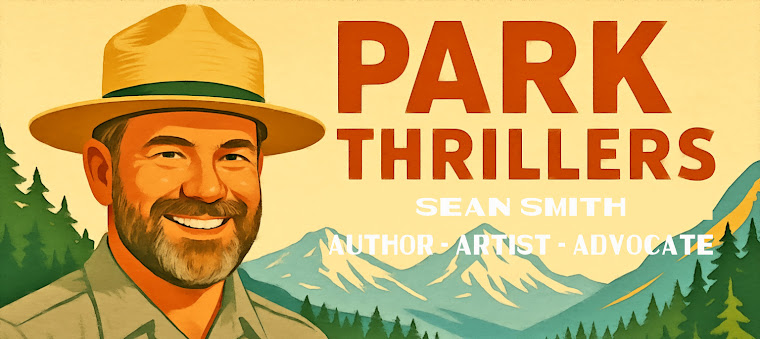 |
| Robert J. Lillie |
Understanding the Terms: Native vs. Invasive Species
Before we explore the challenges faced by the NPS, let's clarify the terms "native" and "invasive" species. Native species are those that naturally occur in a specific ecosystem, often playing vital roles in maintaining its ecological balance. They have adapted to the local environment over time and are integral to the web of life within the ecosystem.
On the other hand, invasive species are non-native organisms that have been introduced to an ecosystem where they did not evolve. Lacking natural predators and competitors, they can rapidly reproduce and outcompete native species for resources. This disrupts the natural balance and can lead to detrimental effects on the ecosystem's health.
Protecting the Purity: The Importance of Native Species
Native species are the foundation of healthy ecosystems. They provide food and shelter for local wildlife, promote biodiversity, and contribute to the overall resilience of an ecosystem. When native species thrive, the entire food chain and surrounding environment benefit. For instance, native plants are well adapted to local soils and climates, making them essential for soil stabilization, water filtration, and preventing erosion.
The Threat of Invasive Species
Invasive species, however, pose a significant threat to native ecosystems. They can outcompete native species for resources such as sunlight, water, and nutrients. This competition can lead to reduced biodiversity and even endanger native species that rely on these resources to survive. Additionally, invasive species can alter natural fire regimes, degrade soil quality, and disrupt nutrient cycles.
Challenges Faced by the National Park Service
The NPS shoulders the immense responsibility of protecting these unique ecosystems while facing the challenge of managing native and invasive species. Three stories shed light on the complexities they confront:
Wild Horses in Theodore Roosevelt National Park: Wild horses have become a contentious issue in Theodore Roosevelt National Park. While these horses have historical significance, their grazing habits can degrade native plant communities. Striking a balance between the preservation of the horses and protecting the park's flora is a daunting task for the NPS.
Yellowstone National Park Bison Management: The bison of Yellowstone National Park are both iconic and ecologically significant. However, managing their population is complex due to concerns about disease transmission to livestock outside the park. This raises questions about preserving the species' natural behaviors while minimizing impacts on surrounding ecosystems.
Zion National Park's Plant Protection: Zion National Park faces the challenge of protecting native plants from various threats, including recreational activities, climate change, and invasive species. The NPS encourages visitors to stay on designated trails to prevent unintentional harm to fragile plant communities.
The Way Forward
The National Park Service employs a multifaceted approach to managing native and invasive species. This includes conducting research to understand ecosystem dynamics, implementing restoration projects to promote native species growth, and carefully considering management decisions' implications on the environment and local communities.
As visitors and nature enthusiasts, we can play a role in protecting these precious ecosystems. Staying informed about native and invasive species, following park guidelines, participating in volunteer efforts, and supporting conservation initiatives all contribute to the preservation of these natural wonders for generations to come.
The battle to save native species is an ongoing challenge that the National Park Service faces as they strive to maintain the delicate balance of ecosystems. Protecting native species and managing the impact of invasive species requires careful consideration, scientific research, and the collective effort of park officials, researchers, and visitors alike. By understanding these challenges and supporting conservation efforts, we can ensure that our national parks continue to thrive as havens of biodiversity and natural beauty.
Please click here for more information on the National Park Service's efforts to manage non-native species.


No comments:
Post a Comment